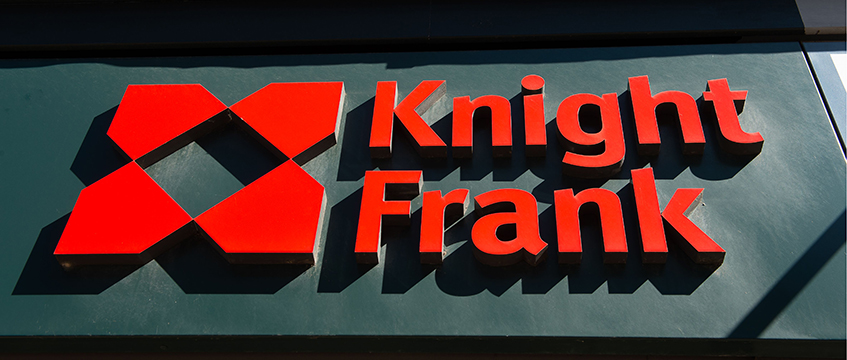It is normal conveyancing practice for sellers to sign a property transfer before completion of a transaction, and to deliver it in escrow. This means that the transfer will not take effect until certain conditions (usually that the buyer executes any requisite documents and pays the amount due on completion) are fulfilled. The seller is then unable to recall or repudiate the transfer and must wait and see whether the conditions are fulfilled. However, the transfer does not operate, and the purchaser does not obtain the legal title, unless and until the conditions are fulfilled.
If there is no direct evidence about the status of a document, the fact that only part of the purchase price has been paid usually justifies an inference that the transfer was delivered in escrow. In Bank of Scotland plc v King [2007] EWHC 2747 (Ch); [2007] PLSCS 257, the High Court was asked to consider whether a transfer was an escrow one year after a transaction had, apparently, been completed, because the buyer still owed the seller £362,350.
The transfer was not registered and the seller remained in possession of the property. However, the seller used £1.1m, which had been advanced by the buyer’s bank, to discharge his mortgages. For reasons that are not fully explained, the buyer did not dispute the seller’s claim that the transfer had not become effective because part of the purchase price remained outstanding. However, the buyer’s bank argued that the transaction had been completed and that its legal charge should be registered against the title to the land.
The question of whether a document is delivered in escrow or as a deed is one of fact and it will turn on what the parties intended. In this case, the events that took place indicated that the transaction had been completed. As a result, the buyer was entitled to be registered at the Land Registry and to charge the property to the bank. Consequently, the bank was entitled to have its charge registered against the property, even though the seller was still registered as the legal proprietor of the land.
The judge also considered whether the seller had an unpaid seller’s lien that took priority over the bank’s charge. An unpaid seller’s lien operates as an equitable charge. It arises automatically on exchange of contracts, by operation of law, and provides the seller with security for payment of the price. It enables the seller to apply to the court for an order for sale and for payment out of the sale proceeds. The seller remained in actual occupation of the property after completion and could have had an overriding interest that would have been binding on the bank. However, the judge decided that the seller had postponed his lien because he had allowed the bank to believe that the land was unencumbered.
The judge’s decision provides a just and practical solution for the parties involved. However, the case illustrates the risks of completing without adequate security for any sums that remain unpaid.
Allyson Colby is a property law consultant









